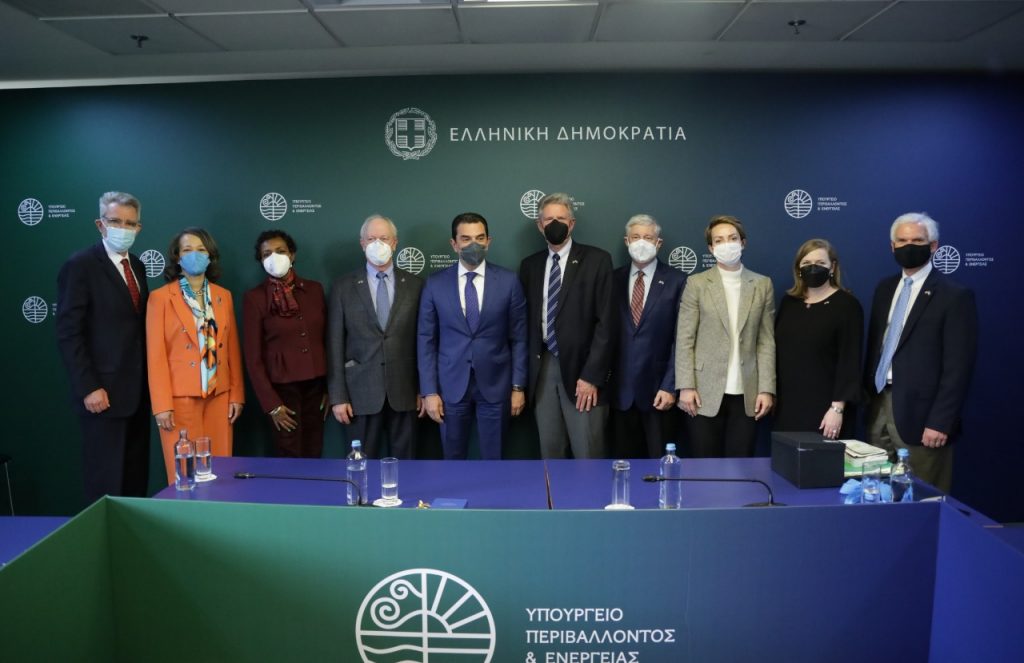
Cost-cutting green home technologies are set to launch in the UK this summer to make it easier and cheaper for homeowners to slash their energy use and carbon footprint.
Demand for green home technologies is surging as households look to invest in new equipment to cut their energy bills and reduce reliance on grid power.
And that has enticed overseas firms to enter the UK market with new products such as high temperature heat pumps and technology that can automatically design solar energy installations online.
Norwegian solar marketplace Otovo plans to launch a UK branch this summer, promising customers savings of up to 10 per cent on the cost of rooftop solar installation.
The online marketplace takes a customer’s address and then automatically calculates the size, shape and specification of suitable rooftop solar products. It then runs an automated, ‘real time’ auction between local solar installers to find the cheapest price for the work.
Co-founder Andreas Thorsheim said customers save time and money by having the survey work and quote calculated remotely. Installers also benefit by not having to “drive around drinking tea with people who end up not buying,” he added.
“In essence we are doing the Googling for you, we’re doing the price comparison for you, we’re doing the quality assurance of these workmen for you, and presenting you with the cheapest available price,” he told i.
Otovo was founded in Oslo, Norway in 2016 and now operates across seven European countries. A UK outpost will open in July or August this year, Mr Thorsheim said.
Demand for solar has rocketed in recent months as consumers across the UK and Europe hunt for ways to reduce their reliance on expensive grid electricity. Calculations suggest rooftop solar can shave hundreds of pounds off the average annual electricity bill.
Meanwhile high temperature heat pumps, which pump very hot water around the house in the same way as a gas boiler does, are set to arrive in the UK this month.
Usually air source pumps heat water up to a maximum of 50C. Homes therefore usually need to be well insulated with large radiators or underfloor heating to stay warm.
But high temperature pumps heat water to between 65C and 90C – similar to temperatures achieved using a gas boiler. The idea is that these pumps will act as green replacements for gas boilers in leaky homes that are too draughty for a standard lower temperature heat pump.

This month, heat pump manufacture Viessmann will start selling two high temperature heat pumps in the UK. Both heat radiator water to up to 70C. This means that in most cases they can use existing radiators and do not require under-floor heating, Viessmann said, saving households thousands of pounds in avoided retrofit work.
Meanwhile, rival heat pump manufacturer Vattenfall is also developing a high temperature heat pump, using technology adapted from Japanese hot water systems.
“If you are in two identical houses, and in one is a traditional gas boiler and in the other is our high temperature heat pump, you won’t feel the difference,” said Wouter Wolfswinkel, who is leading the heat pump’s development at Vattenfall.
After successful trials in the Netherlands and Germany, Vattenfall plans to start selling this heat pump in the Netherlands starting this month, and i understands the team is keen to bring it to the UK as soon as possible.
Installation costs are around €14,000 (£11,700), Mr Wolfswinkel told i. This is more expensive than a gas boiler and a traditional heat pump but the new system cuts out the need for expensive insulation work on older properties, he stressed.
Source iNews




